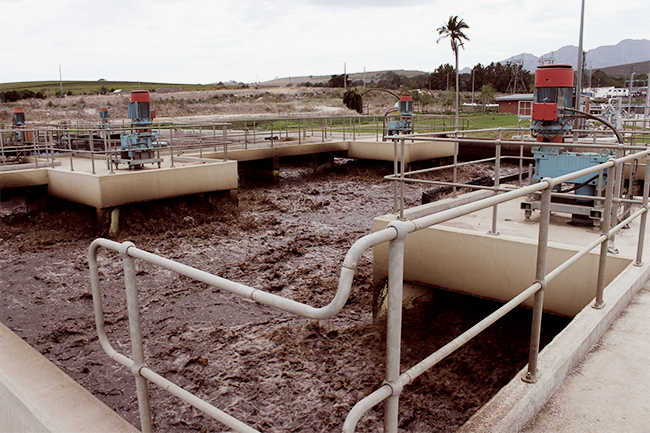Work on South Africa’s largest ultrafiltration membrane biological reactor waste-water treatment plant has been completed.
The upgrade to the existing Stellenbosch-based facility features an advanced waste-water treatment process that uses ultrafiltration membranes for liquid solid separation, instead of conventional clarifiers, according to a municipal statement.
This lowers the plant’s environmental footprint and creates higher-quality effluent. In addition, conventional chlorine disinfection methods have been replaced with UV disinfection technology, which is more environmentally friendly and kills a wide spectrum of harmful microorganisms. ‘The facility has also been designed to be energy efficient by tailoring the technologies used and minimising pumping through the works,’ the municipality notes. ‘This reduces energy costs.’
The plant is also fully automated (meaning it can be monitored and controlled via a centralised system) and is capable of handling up to 35 million litres per day.
The approximately ZAR450 million project was funded by the Stellenbosch Municipality and co-funded by the national Department of Water and Sanitation.


